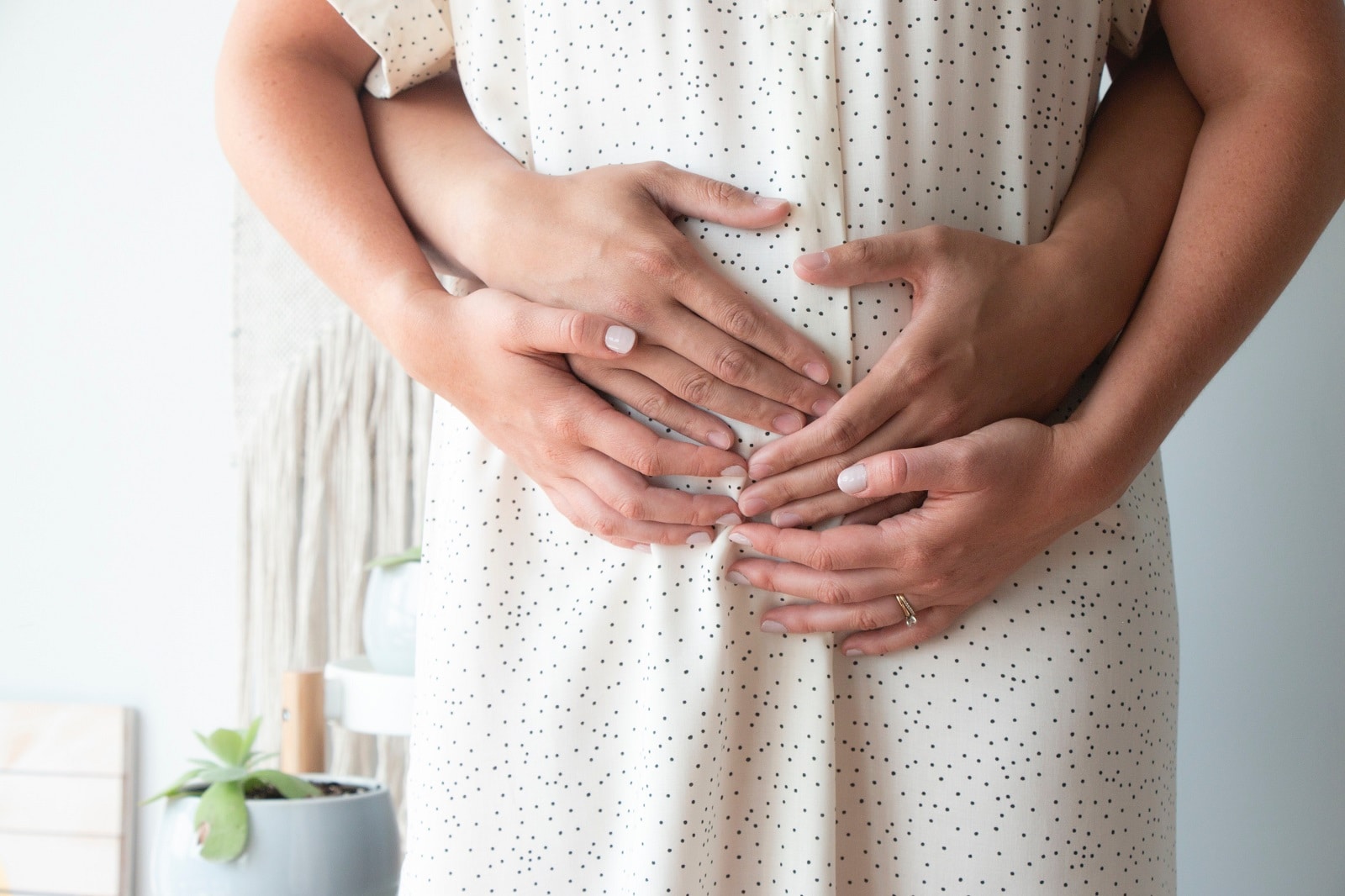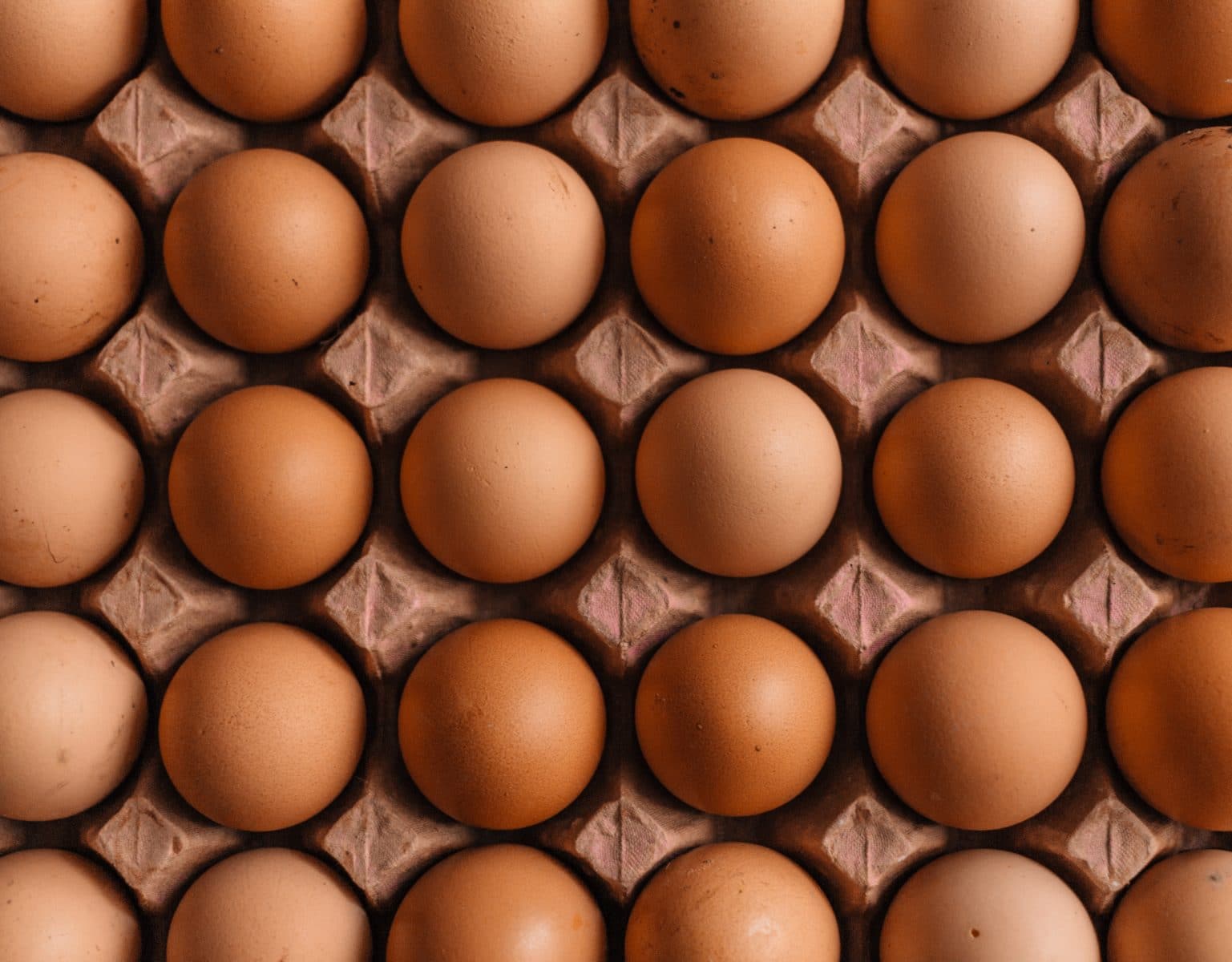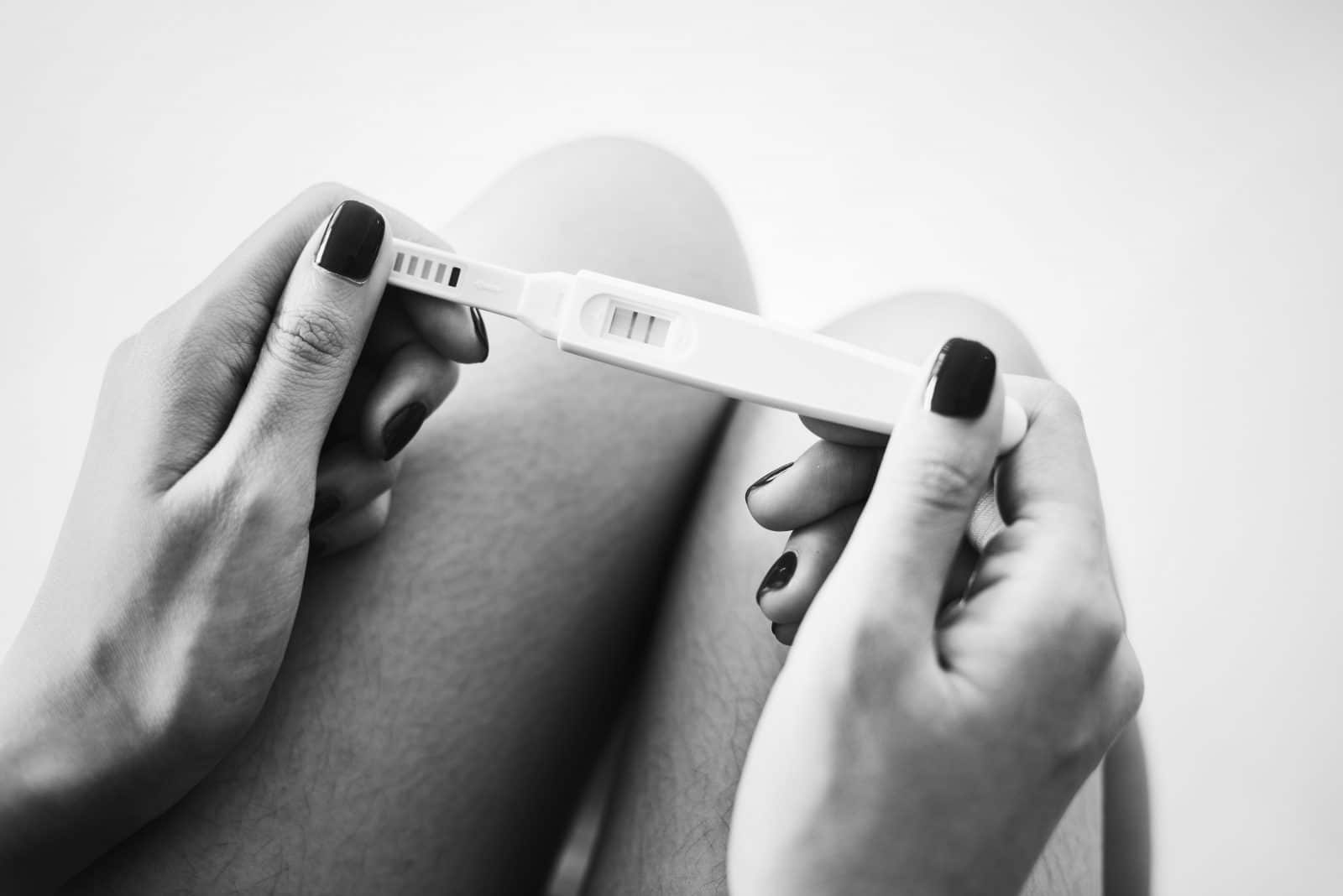
Are there any foods to avoid if you have endometriosis?
Although further research needs to be done, specific factors may negatively influence endometriosis, including trans-fats and excess red meat.

Although further research needs to be done, specific factors may negatively influence endometriosis, including trans-fats and excess red meat.

For a lot of women, endometriosis will go away when they reach menopause and their periods stop.

Endometriosis is a chronic condition that involves the uterine tissue growing outside the uterus, thereby producing a range of symptoms.

There are many reasons why women require the use of donor eggs, and age doesn’t necessarily play a part.

Reactions to fertility drugs vary from patient-to-patient, and may cause moods swings, weight gain, bloating, cramping, breast tenderness and constipation.

Becoming a sperm donor is a generous and life changing thing to do and will give you the rare opportunity to do

There are three key factors that can affect egg quality: oxidative stress, thyroid health, and age.

The answer to how long after the embryo transfer you should take a pregnancy test can differ from person to person.

Early pregnancy loss has been linked to random chromosome errors, smoking, increased alcohol or coffee consumption, environmental factors and chronic endometriosis.
Every story written here comes from Fertility First's Research Team, a group of scientists that doesn't just talk about the science behind fertility and reproduction, it lives and breathes it. Staffed by the doctors and scientists working behind the scenes at Fertility First, this team of dedicated embryologists, andrologists, and fertility experts collectively has over 40 years experience in the field.
Yes, chronic stress can impact fertility by disrupting hormonal balance and ovulation patterns. Managing stress through relaxation techniques, regular exercise, adequate sleep, and mindfulness practices may help optimise your chances of conception. Consider speaking with a counsellor if stress feels overwhelming.
Sperm health accounts for about 40% of conception challenges. Your partner can improve sperm health by maintaining a healthy weight, avoiding excessive heat exposure (hot tubs, saunas, tight clothing), limiting alcohol, quitting smoking, managing stress, and taking a multivitamin with antioxidants. Sperm takes about 3 months to develop, so lifestyle changes need time to show results.
Your fertile window typically spans 5-6 days, ending on ovulation day. For a regular 28-day cycle, this usually falls between days 10-15, with peak fertility 1-2 days before ovulation. Track your cycle using ovulation predictor kits, basal body temperature, or cervical mucus changes to identify your unique pattern. Having intercourse every 1-2 days during this window optimises your chances.